Using accessible technology to improve labour force inclusion in Kenya
“Many participants were not aware of the appropriate channels or had not known how to file a complaint. Of those who did file a complaint, many did not receive remediation, or experienced additional discrimination at the hands of the officials receiving their complaints.”
Inclusive Futures partner Ulula is designing a digital platform that will share labour rights information with workers in the supply and distribution chains of large-scale agriculture and retail businesses in Kenya. Programme manager Alex Nguyen explains how they’re putting the voices of workers with disabilities at the centre of their design process.
Despite global improvements in labour rights legislation and policy, women, people with disabilities and young people often face unequal treatment in work.
In Kenya, the Global Labor Program – Inclusive Futures brings together the suppliers and distributors of large-scale agriculture and retail businesses, trade unions, organisations of people with disabilities and workers. It aims to test whether relational capacity building based on collaboration between these different actors, leads to more inclusive employment practices and more people with disabilities, particularly women, exercising their labour rights on an equal basis with others.
What the programme achieves will act as an example to industries and governments on how they can focus on the inclusion of people with disabilities within their labour policies and day-to-day operations. It also aims to show how the inclusion of people with disabilities can strengthen labour rights protection for everyone.
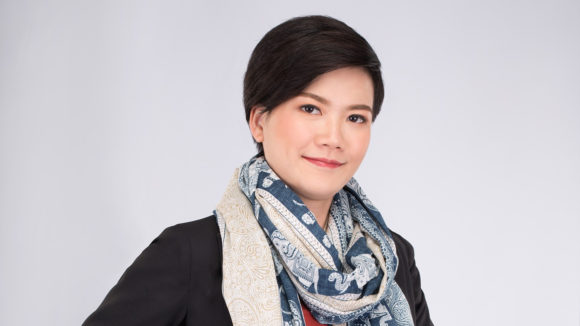
Author
Alex Nguyen is a programme manager for Ulula.
Ulula
Ulula designs digital tools to monitor and improve labour conditions and mitigate human rights risks in global supply chains.
About Ulula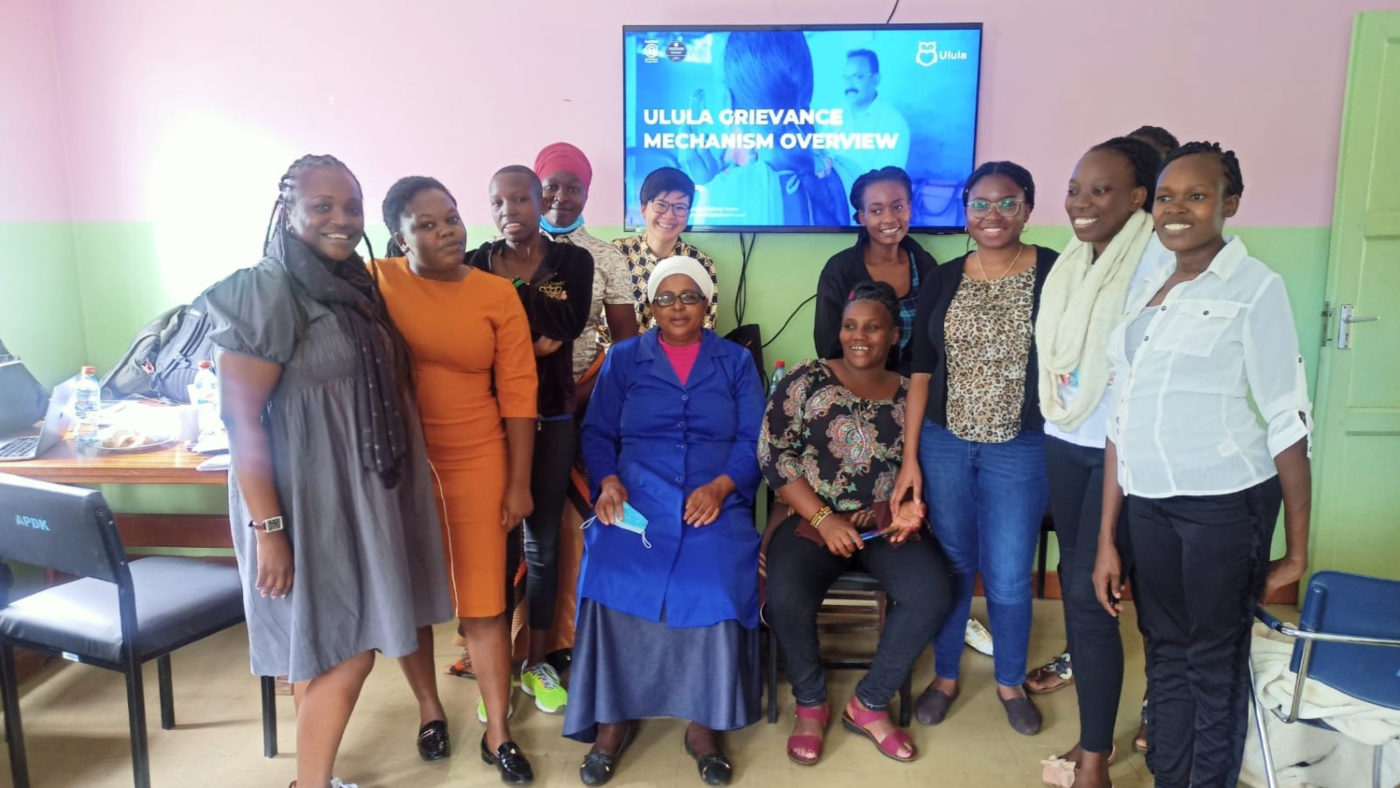
Using technology to improve labour rights and working conditions
Under the programme, Ulula is using its digital broadcast and grievance mechanism system to facilitate engagement between workers, employers, and consumers. The engagement channels include anonymous worker surveys, rights information broadcast services, and a continuous grievance mechanism that collects worker complaints in real-time and allows brands and coalition partners to follow-up instantaneously to solve disputes.
Insights gained from worker grievances using our technology will allow the consortium partners, including brands – Coca Cola Beverages Africa in Kenya and East Africa Breweries Limited – to understand workers’ concerns and use them to improve the social and physical conditions of their workplaces. By demonstrating they are willing to both observe and improve labour rights in their value chains, brands stand to benefit from developing a reputation as a leader in responsible industry.
Designing a human-centred grievance mechanism
To maximise the impact and uptake of its proposed technology tool, Ulula has used human-centred design: a process that starts with people and ends with new solutions that are tailormade to suit their needs. We kick-started the design process by:
- Meeting with farmers and retailers with disabilities;
- Gathering feedback directly from interviewees in their communities on how they had previously experienced grievance mechanisms;
- Discussing the interviewees’ familiarity with mobile technology and their current mobile habits;
- Coming to understand the interviewees’ needs and day-to-day experiences.
We held focus group discussions where participants provided detailed examples of how they had faced workplace discrimination based on their disability and the challenges they had previously encountered with reporting or filing a complaint. Although some participants successfully received remediation when they followed the appropriate channels to file a complaint within their organisations, many participants were not aware of the appropriate channels or had not known how to file a complaint. Of those who did file a complaint, many did not receive remediation within the existing reporting structures, or experienced additional discrimination at the hands of the officials receiving their complaints. These insights made clear to us the importance of developing a truly human-centred grievance mechanism which will provide clear information to users about their labour rights and how to file a complaint when their rights have been violated.
During this phase, participants also made it clear that they wanted the grievance mechanism to be:
- Unbiased and non-discriminatory
- Independent
- Convenient and accessible
- Provide a clear grievance process
- Responsive
Ulula’s goal is to simplify the grievance management process so it can integrate into the daily lives of its users, so we also gathered insights from participants on how familiar they were with using mobile technology. For example, we asked participants to share how often they used their devices and when, and what features they used most. We then ran trials of several digital mobile grievance channels and asked stakeholders to test them and provide their feedback.
As the project moves forwards, we will work with the other consortium partners to make sense of what has been learned so far, identify opportunities for changes in the design, and prototype possible solutions — all the while keeping workers and participants at the heart of the process.
Supporting participants through the complaint handling process
Through the interviews with participants we learned that — instead of expecting the grievance mechanism to offer immediate remediation and solutions — participants were looking for a reliable source of advice and someone to support them through the process of filing a complaint.
Many workers with disabilities are faced with unreliable, unpredictable and sometimes non-existent accommodations in their workplaces. The lack of communication between authorities and workers about accommodation services makes it difficult for workers with disabilities to know what to expect when they arrive at work. This lack of prior knowledge often means that they are unsure of what to expect in a workplace and are at increased risk of early dismissal if they are unaware of their working rights. As a result, we have adapted our grievance mechanism to include an advisory function and an education platform within our service.
Our grievance mechanism provides a triad of services that work together to increase workers’ confidence in filing complaints reports. They include:
Grievance mechanism:
- Is designed in collaboration with local partners;
- Is used by workers to report and seek remedy of labour rights issues;
- Collects data on resolution status, timing, and worker satisfaction to understand progress.
Rights Information System
- Shares direct information with targeted workers (women, those with disabilities);
- Shares messages and content, supported by Inclusive Futures partner, Equal Rights Trust.
Project-wide dashboard
- Acts as a brand and consumer facing dashboard;
- Aggregates insights on issues raised, resolution and progress;
- Increases education and awareness to better understand workers’ challenges.
The first version of the grievance mechanism is expected to launch later this year, and will be adapted as we receive feedback from key stakeholders and other interested parties. Ulula is a firm believer that grievance mechanisms should be human-centred. Regardless of the changes made to the platform, its core feature is that it is built on a human scale with human input.
More news and opinions
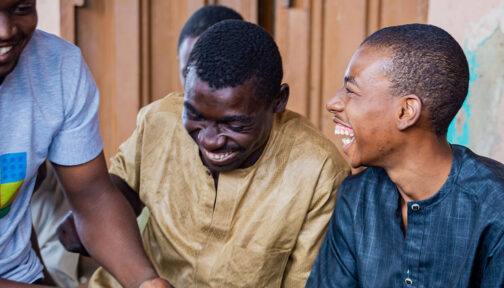
Global Disability Summit 2025: Closing the gap between disability inclusion and development
Inclusive Futures is attending the summit in Berlin on 2-3 April. Visit our booth or attend our panel event to connect with us and learn more about our programme insights.
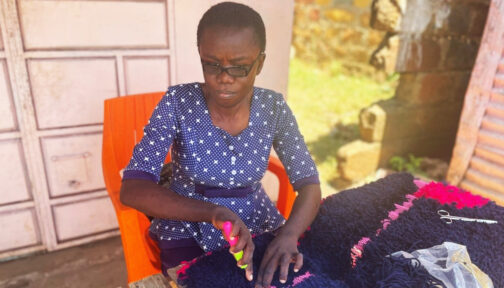
Sense International wins prestigious Zero Project award for its work with entrepreneurs with disabilities
Sense International has won a 2025 Zero Project Award for empowering individuals with deafblindness and complex disabilities in Kenya to build successful businesses and achieve financial independence.
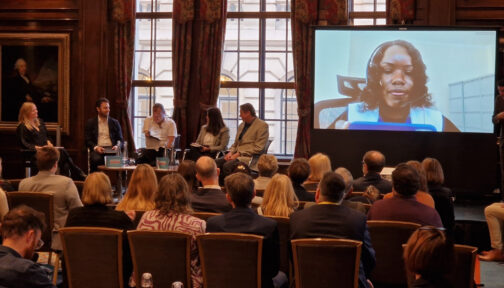
Driving change: launching the six principles for inclusive development
Inclusive Futures and the UK Foreign, Commonwealth & Development Office marked International Day of People with Disabilities by jointly hosting an event to launch the six principles for inclusive development.